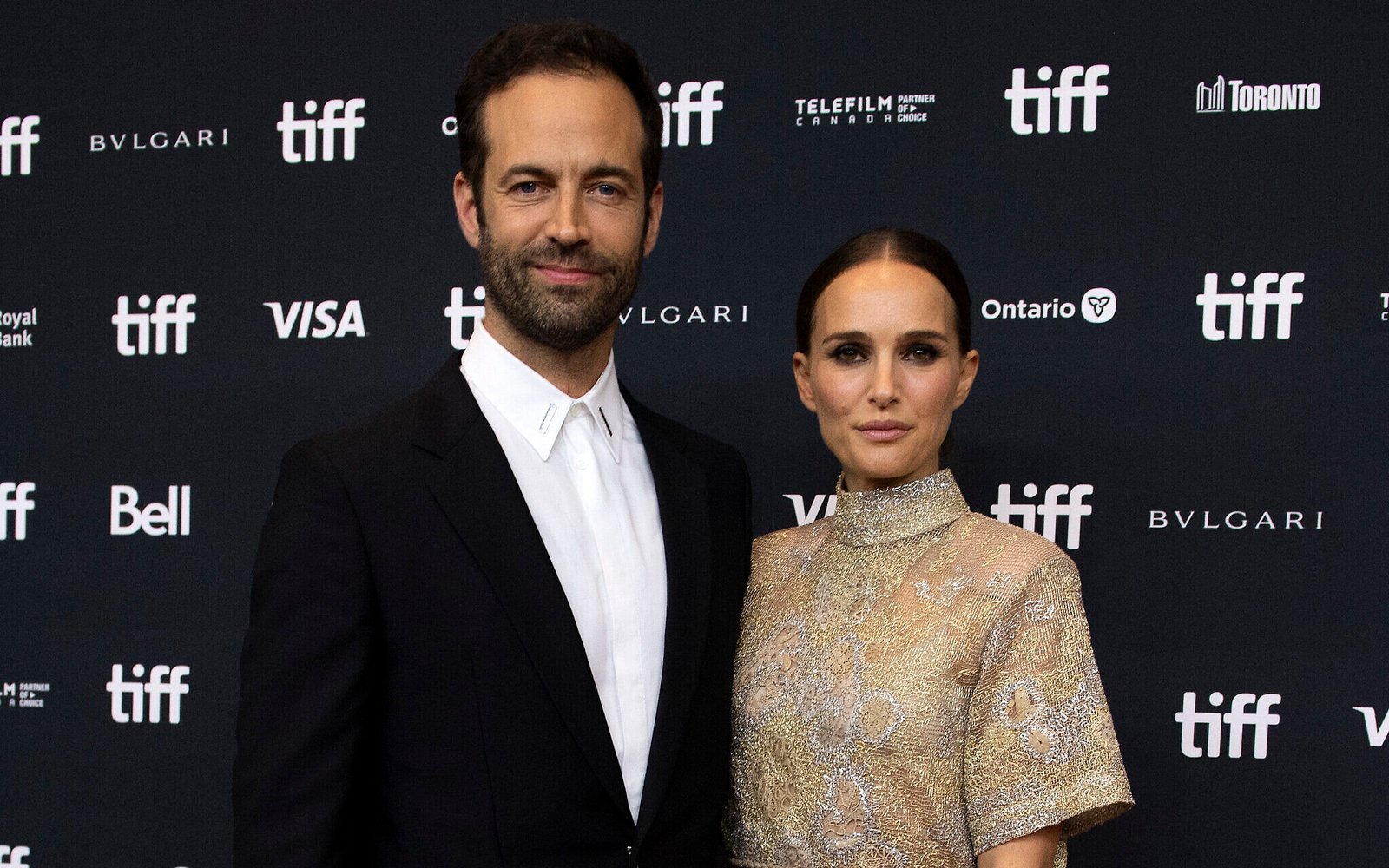In a shocking turn of events, alleged indecent videos involving several close associates of popular TikToker Rajab Butt—namely Haider Shah, Man Dogar, and Shezi—have surfaced on social media, sparking widespread outrage, criticism, and debate about personal privacy and online conduct.
The videos, which reportedly show the individuals in compromising and completely naked states, have rapidly gone viral across multiple platforms, igniting a firestorm of reactions from both supporters and critics. The content has especially stirred debate due to the public image these individuals had maintained—one of religious devotion and moral uprightness.
Public Backlash and Questions About Hypocrisy
Many users on social media have expressed disappointment and anger, pointing out that the individuals involved have previously presented themselves as highly religious and moralistic influencers. Critics argue that such behavior contradicts their public image and sends the wrong message to their followers, many of whom are young and impressionable.
A recurring question being raised online is: If these individuals are as religious and modest as they claim to be, why were such explicit videos created in the first place? Social media platforms like TikTok, Instagram, and X (formerly Twitter) have seen a surge of comments condemning the actions and calling out what users perceive as hypocrisy.
Rajab Butt and Associates Respond: ‘We Were Hacked’
In response to the growing controversy, Rajab Butt and his close associates issued statements claiming that their mobile phones were hacked and the private videos were leaked without their consent. They insist that the videos were not intended for public viewing and that someone maliciously accessed their personal data to spread the content.
We are victims of a cyberattack. Our private data was stolen and misused to destroy our reputations, claimed a spokesperson from the group. However, these statements have done little to pacify public opinion. Instead, many users are demanding greater accountability and transparency from the influencers involved.
A Deeper Look at Privacy, Ethics, and Social Media Fame
This incident has raised broader questions about the nature of fame on social media platforms, particularly among influencers and TikTokers. Critics argue that the pursuit of fame often leads individuals to compromise their own values or engage in behavior that contradicts their public personas.
Others, however, have pointed out that everyone has a right to privacy and that even public figures should not have their private lives weaponized against them. The ethical debate now centers on whether the backlash is justified or if it amounts to digital mob justice based on leaked and possibly stolen material.
Cybersecurity and the Risk of Personal Data Leaks
Another layer to this controversy is the issue of digital security and the growing number of incidents where personal data—including photos, videos, and conversations—are hacked and leaked online. Experts warn that smartphones are not foolproof, and careless data storage practices can make individuals vulnerable to breaches.
If Rajab Butt and his friends are indeed victims of hacking, it highlights the urgent need for influencers and public figures to take digital security seriously. Using encrypted storage, two-factor authentication, and securing cloud backups are all essential steps that are often overlooked.
The Social Consequences of Viral Scandals
Whether these videos were leaked maliciously or intentionally recorded and mismanaged, the consequences are now public. The reputations of Rajab Butt and his friends have been significantly damaged, and it remains to be seen how this scandal will affect their careers and personal lives moving forward.
Some sponsors and collaborators have reportedly begun distancing themselves from the group. Public image is a fragile currency in the influencer world, and viral scandals can derail careers overnight. In past incidents involving social media personalities, the fallout has included platform bans, loss of sponsorships, and public boycotts.
As the controversy continues to unfold, calls for an investigation into the alleged hacking have grown. Cybercrime units may get involved if formal complaints are filed, especially if digital theft and privacy violations can be proven.
Meanwhile, the public remains divided. While some continue to criticize the influencers for what they see as immoral behavior, others emphasize the need for empathy and due process, stressing that being the victim of a cybercrime does not make one guilty of wrongdoing.
Regardless of the truth behind the leaked videos, the scandal has exposed the complex intersection of morality, fame, privacy, and accountability in the digital age.



